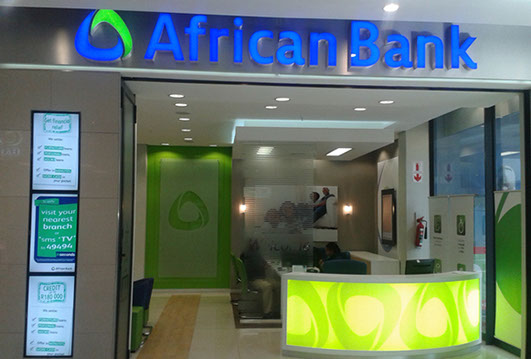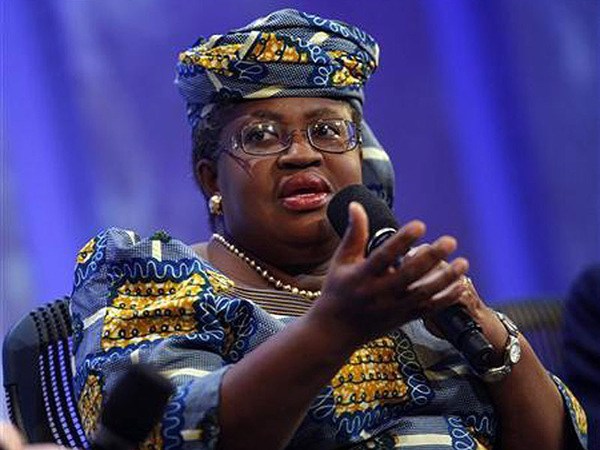African Union chairman, Rwandan President Paul Kagame has termed Chinese aid and investment strategy in Africa as “deeply transformational” and respectful of the continent’s global position.
Speaking Monday at the Forum on Africa-China Cooperation (FOCAC) in Beijing, President Kagame said Chinese engagements in the continent have portrayed Africa as a development partner.
“Today the Forum (FOCAC) has grown into a powerful engine of cooperation fully aligned with Africa’s Agenda 2063 and Sustainable Development Goals,” Mr Kagame said.
“Our growing ties with China do not come at anyone’s expense. The gains are enjoyed by all who do business with us. Building the capacity of African institutions to transact and monitor more effectively is what will make the biggest difference.”
Although President Kagame has been a relentless critic of foreign aid, he has held a soft stance towards China’s engagements in Africa because he considers it to be a “more respectful partner” than Europe and America.
“The relationship between Africa and China is based on equality, mutual respect and a commitment to a shared well-being. Working closely together to assess implementation will further enhance the quality of this process. It is time for Africa to step up as well,” he said.
President Kagame added that the continent wishes to be a part of the multibillion-dollar China’s Belt and Road Initiative — infrastructure and investment projects. The initiative aims at enhancing China’s global dominance.
Late July, Chinese President Xi Jinping visited Senegal, Rwanda, Mauritius and South Africa.
In Kigali, President Xi signed 15 bilateral agreements and concessional loans.
Under the agreements, China will fund projects in road construction, hospitals upgrade and development of the Bugesera International Airport.
National carrier, RwandAir, is also expected to begin flights to Guangzou, China, in February next year.
At the ongoing summit in Beijing, President Xi pledged $60 billion in new development with “no political strings attachments”.
The money — to be spent over the next three years— comes on top of $60 billion Beijing offered in 2015.


